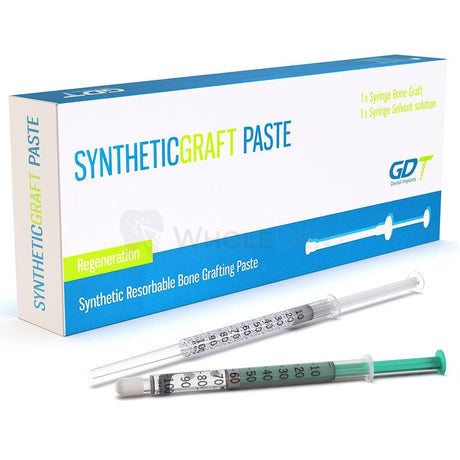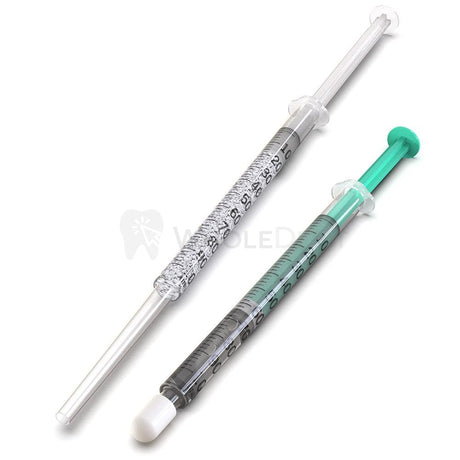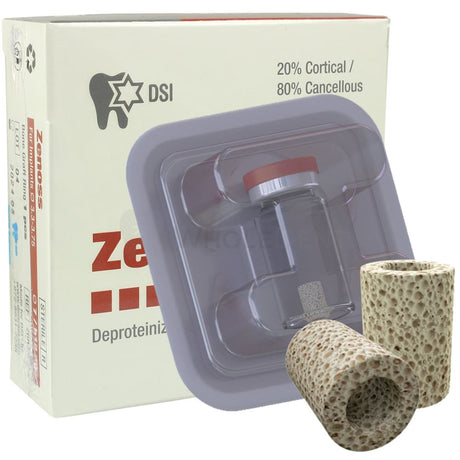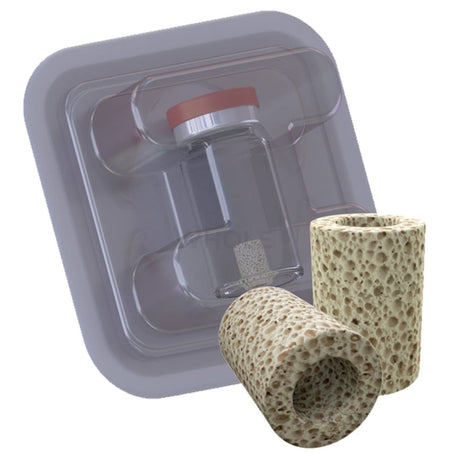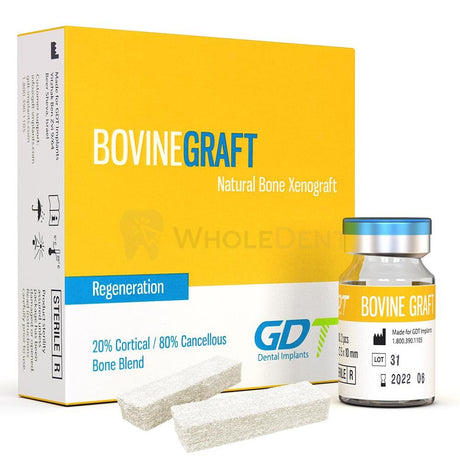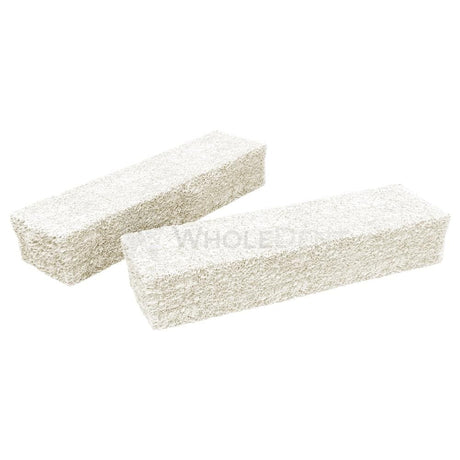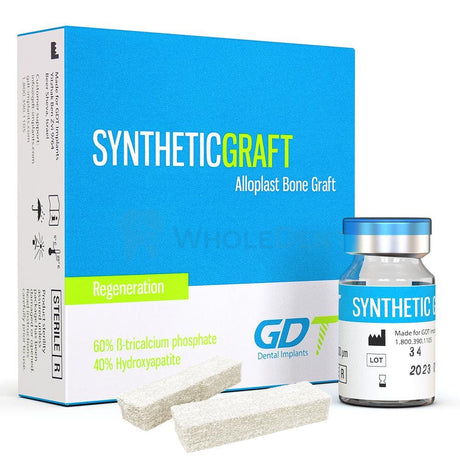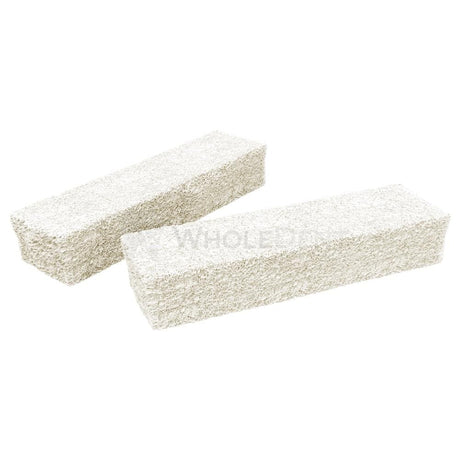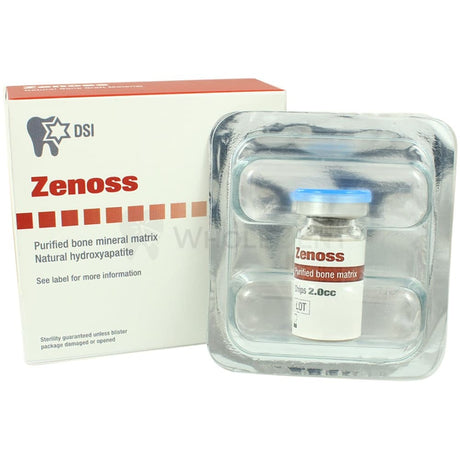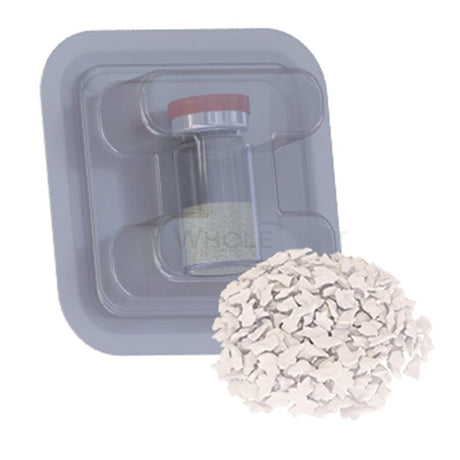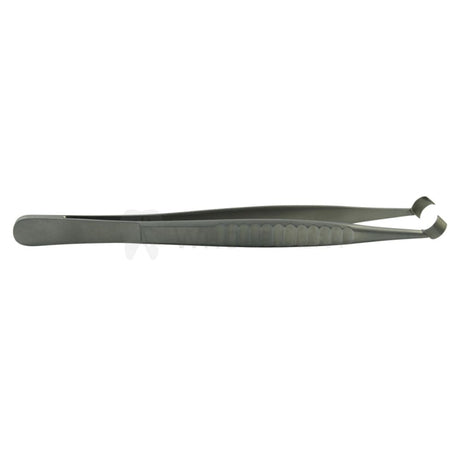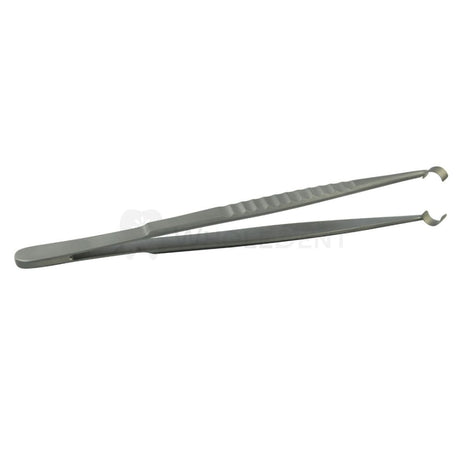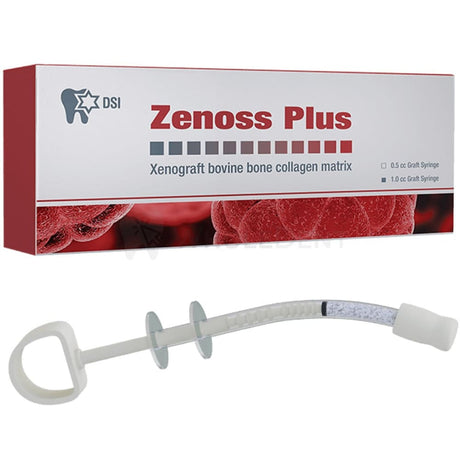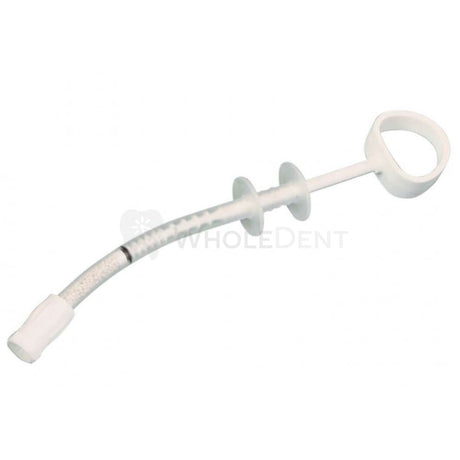Injerto óseo bovino GDT - Gránulos
Desde $35.00Precio unitario /AgotadoInjerto de hueso sintético GDT - Gránulos
Desde $29.90Precio unitario /AgotadoInjerto de hueso sintético GDT - Jeringa
$55.00 as low as $49.50Precio unitario /AgotadoTrasplante de anillo óseo DSI Zenoss
$169.00 as low as $152.10Precio unitario /AgotadoInjerto óseo bovino GDT - Cubos
$75.00 as low as $67.50Precio unitario /AgotadoInjerto óseo bovino GDT - Jeringa
Desde $85.00Precio unitario /AgotadoInjerto de hueso sintético GDT - Cubos
$55.00 as low as $49.50Precio unitario /Agotado- Desde $89.90Precio unitario /Agotado
- $65.00 as low as $58.50Precio unitario /Agotado
Sistema de elevación de agua de implantes GDT
$89.90 as low as $80.91Precio unitario /AgotadoGel de material de injerto óseo natural DSI Zenoss Plus
$77.90 as low as $70.11Precio unitario /Agotado
FAQs
Preparing a site for a bone graft involves several critical steps to ensure the success of the grafting procedure. But before the graft material goes in, the surgical site needs careful preparation. This meticulous process ensures optimal conditions for the graft to integrate seamlessly with the surrounding bone.
Initially, a thorough clinical evaluation and diagnostic imaging, such as X-rays or 3D scans, to assess the bone volume and quality at the implant site requiring augmentation. Depending on the situation, anesthesia will be administered, and any necessary soft tissue will be gently manipulated to expose the underlying bone. The surgeon will then meticulously clean and prepare the bone surface to create a receptive environment for the graft material. This might involve creating small channels or grooves to maximize the surface area for graft integration.
Once the groundwork is laid, the chosen bone graft material will be meticulously placed and secured to promote successful healing and a strong foundation for future implant placement.
Post-operative care for a bone graft involves several key steps. Instruct the patient to rest and avoid strenuous activities. Apply ice packs intermittently to reduce swelling and prescribe pain medication and antibiotics if needed. Provide detailed oral hygiene instructions, advising the use of a gentle rinse and avoiding brushing directly over the graft site.
Recommend a soft diet to prevent irritation and stress on the graft area. Schedule regular follow-up appointments to monitor healing and address any concerns.
Clear communication and careful monitoring are essential for a successful recovery after a bone graft procedure.
There are a number of different factors that will affect your choices. Consider the following when choosing the right materials for your bone graft procedure:
- Suitability or compatibility. You will need to think about whether the product you are purchasing can be used on the patient you are conducting the procedure on. Look at the patient’s history to determine whether any complications could arise from the use of a particular material.
Biodegradability. Ideally, the product you use should readily dissolve into the bone tissue, so look at biodegradability when taking your pick.
- Quality. Ultimately, you want to ensure that the materials you use are of the highest quality and meet regulatory requirements to prevent any disputes or complications later on. At Wholdent.com, we offer the best materials on the market, ensuring you have access to top-quality products for successful bone graft procedures.
Using a membrane with a bone graft is essential in dental and orthopedic surgeries to enhance grafting outcomes. Membranes act as barriers to prevent soft tissue cells from infiltrating the graft site, allowing bone-forming cells to proliferate and ensuring effective bone growth. They also provide physical protection to the graft material, keeping it in place during the healing process.
Additionally, membranes help maintain the necessary space for new bone formation by preventing tissue collapse into the graft site. They can enhance vascularization, improving blood supply to the graft area, which is vital for regeneration.
Overall, membranes significantly improve healing outcomes, making bone grafting procedures more predictable and successful while reducing the risk of complications.





